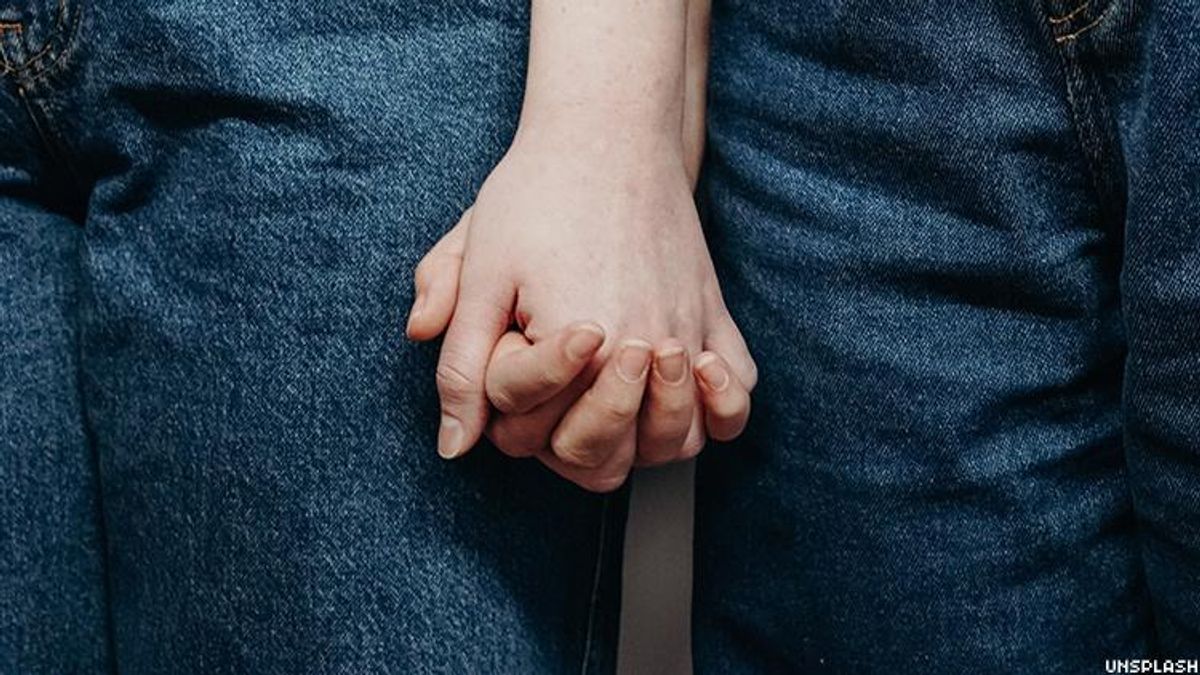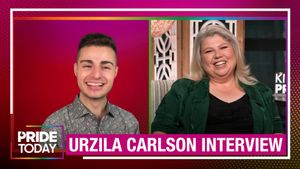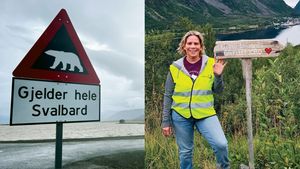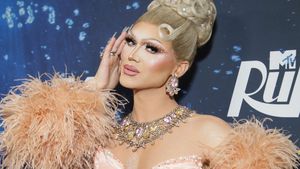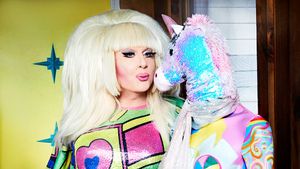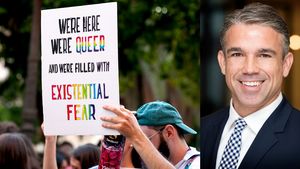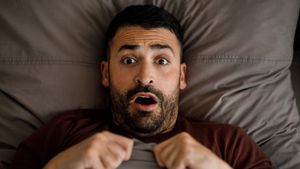A new survey by the European Union's Fundamental Rights Agency revealed that six out of 10 LGBTQ Europeans are afraid to hold their partner's hand in public out of fear of harassment or assault.
The study, published this morning, surveyed nearly 140,000 people online from across 27 European Union member states -- including Britain, North Macedonia, and Serbia. The survey was a followup to a similar study administered in 2012 by the same agency.
The new data showed that 43 percent of LGBTQ people in Europe had been discriminated against in the past year -- a 6 percent increase from the 2012 study.
Six out of 10 trans people, specifically, said they'd experienced discrimination in the last year -- a 43 percent increase from the prior study.
The data also showed that two in five LGBTQ had been physically harassed in the last year, while one in five trans or intersex people said they were physically or sexually attacked.
One of three LGBTQ surveyed added that they've had financial trouble in the last year, with many also claiming they've faced discrimination in finding housing and accessing healthcare.
In conservative Romania, a very low 4 percent said they have or would report harassment to authorities. In Hungary, that number was 5 percent.
Meanwhile, over half of respondents in France, and 68 percent of respondents in Poland, said that LGBTQ intolerance increased in their countries since 2012, while over 70 percent of respondents in Ireland and Malta said it had declined.
"The results show little progress over the past seven years," FRA director Michael O'Flaherty wrote in the foreword of the study. "Imagine being afraid to hold your loved one's hand in public, skipping office banter to avoid divulging with whom you share your life, choosing the long way home to side-step potentially hostile ground, or enduring ridicule every time you show your personal identification."
In light of the study, 96 members of the United Nations signed a joint statement this morning ensuring that COVID-19 relent efforts are not broad enough to include the specific barriers LGBTQ people already faced before the pandemic began.
"Lesbian, gay, bisexual, trans-and gender-diverse people, who are disproportionately represented in the ranks of the poor, the homeless, and those without healthcare, will be deeply impacted by the pandemic and, unless we take urgent action, this impact will be felt over generations," Victor Madrigal-Borloz, the UN's Independent Expert on Protection against violence and discrimination based on sexual orientation and gender identity, told CNN.
